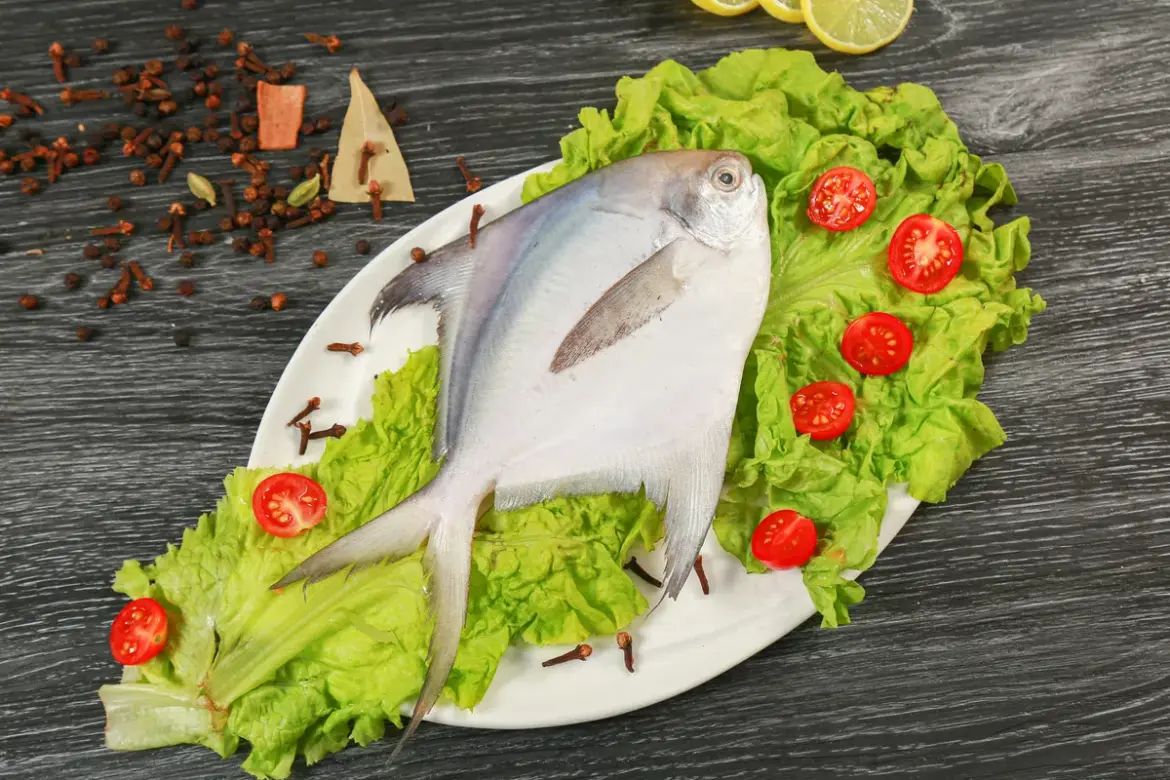[SINGAPORE] The Mediterranean diet (MedDiet) is known for being good for health. But how many of us will stick with it over the long-run?
This is especially so in our local context, where traditional Mediterranean foods are not typically part of the Asian diet, and are often expensive.
Recognising this disparity, Associate Professor Verena Tan, programme leader of dietetics and nutrition at the Singapore Institute of Technology, created a localised version that makes adherence easier. This involves adapting the MedDiet for the Singaporean and broader Asian context by incorporating local ingredients, while making it more affordable and accessible.
She says: “The MedDiet is usually found in restaurants and not in most of the places where many Singaporeans eat at, such as coffeeshops, hawker centres and food courts.
“So, while we know we should eat more salmon, olive oil, avocado, salads and feta cheese, it’s not easy to mix and match without understanding how to do it. Sustainability in the types of food that you should be eating is also a problem.”
Emphasising plant-based foods, the MedDiet is high in fibre and monounsaturated fat and low in sugar, animal protein, trans fat and processed food. It has been shown to be anti-inflammatory and reduces one’s risk of becoming overweight, and developing Type 2 diabetes, high blood pressure and high cholesterol – risk factors for cardiovascular disease.
A NEWSLETTER FOR YOU
Friday, 2 pm
Lifestyle
Our picks of the latest dining, travel and leisure options to treat yourself.
In her recent pilot study, Prof Tan’s team worked with airline caterer, Sats, to produce 14 popular dishes using local ingredients which were tweaked to ensure their nutritional composition was similar to that of the traditional MedDiet. These dishes include beef rendang with rice, sambal tomato pasta, pineapple fried rice and claypot tofu.
 Associate Professor Verena Tan and her team have developed localised versions of the Mediterranean diet. PHOTO: VERENA TAN
Associate Professor Verena Tan and her team have developed localised versions of the Mediterranean diet. PHOTO: VERENA TAN
“It took us months to first understand the original MedDiet, how it works from a nutrient perspective, a portion-size perspective, and an ingredient perspective,” she says. “With that knowledge, we then tried to adapt it to our Asian ingredients and cooking methods, and mapped out some ingredients and active nutrients present in the original diet into our local context.”
For instance, moderate intake of red wine in the MedDiet is encouraged because the polyphenols and flavonoids it carries confer antioxidant properties. So the team looked for ingredients in Asian cuisine that are rich in both compounds. “That is the key that we use to flavour our dishes,” she reveals, adding that the avoidance of processed foods means some items, such as fishballs, were substituted for others that are fresh and still locally acceptable.
Since taste drives repeat consumption and long-term adherence, the foods were assessed by 30 patients with non-alcoholic fatty liver disease (NAFLD). The dishes were evaluated for taste, texture, aroma, saltiness, overall acceptability and readiness to purchase. A dozen of them drew positive feedback, says Prof Tan.
While NAFLD patients evaluated the diet, other patients also stand to gain from it. “All those suffering from metabolic abnormalities and chronic diseases will benefit,” says Prof Tan, adding that this is the first time that the Asian Mediterranean diet has been “mapped out systematically and in such detail”.
She plans to present her findings at the Asian Pacific Society of Cardiology to be held in Busan, Korea, in April, and at the International Congress of Nutrition in Paris in August. The Paris congress is a landmark event in the field of nutrition, which is held every four years.
Prof Tan also aims to conduct a comprehensive intervention study in Singapore, similar to past research linking the MedDiet to reduced cardiovascular events.
But while results from the pilot study look promising, don’t pin your hopes on tucking into guiltless versions of local favourites such as char kway teow, fried carrot cake and laksa.
“The composition of char kway teow alone cannot fit the Mediterranean style,” says Prof Tan. “Imagine cooking it with olive oil or adding fish to it. There is no wok hei (smoky flavour) and it does not taste like char kway teow anymore. Certain local dishes can be modified, but some would really be pushing it, so I’d rather go for Asian food that people know and when modifed, still tastes more or less like the original version.”
Her team has developed, lab-tested and tasted 112 recipes in total. “So another dream of mine would be compiling these recipes into a cookbook, rather than keeping them in my laptop!”

